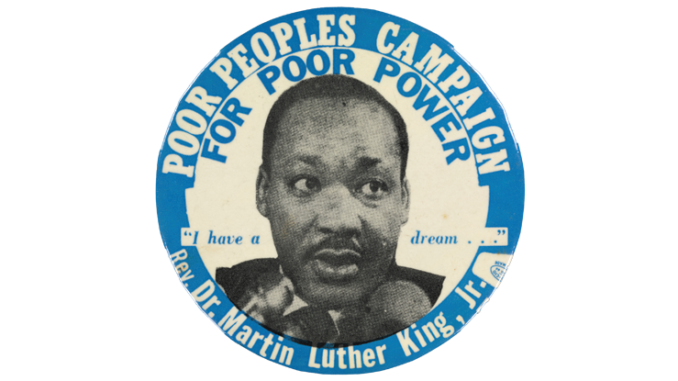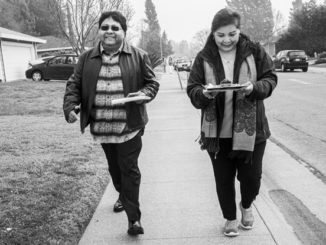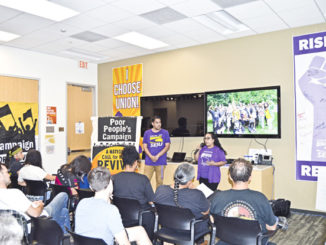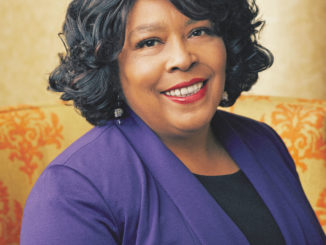
Dr. King’s legacy behind a new call for a moral revival
Monday, our nation celebrates the life and legacy of Dr. Martin Luther King Jr. On this special day of remembrance, people will recall his speeches, especially “I have a Dream.”
Dr. King did much more than dream; among many things, he launched a campaign to address head on our nation’s poverty and its root causes. He called it the Poor People’s Campaign and saw it as a way to unite impoverished Americans of all ethnicities to fight against racism and the hardships brought by that racism.
Half a century after Dr. King’s assassination, that poverty and racism still exist today. So does the inherent inequality that goes with that racism; the gap between rich and poor keeps getting wider.
One man now is renewing Dr. King’s battle. Rev. William Barber leads the resurgent Poor People’s Campaign, a national call for a moral revival.
Rev. Barber has built this new campaign on four pillars: The evils of systemic racism; poverty and rising inequality; ecological devastation; and the war economy and militarism.
Dr. King would have recognized all these factors. Like the inequality gap, they’ve only gotten more extreme. And these pillars are more interrelated than you may think.
According to the Census Bureau, one in 12 non-Hispanic white people lives in poverty. The poverty rate is double for Hispanic people – one in six. For Black people, it’s one in five.
Historically, poor people get the short end when it comes to governmental services; they have less political power to go with less money. Their streets are the last to get paved; their neighborhood needs are ignored. The hazards that threaten their daily lives are allowed to persist.
That’s where racism intersects ecology. Racism enables governments to divert money from priorities like providing clean drinking water or eliminating toxic waste sites because the assumption is that only poor people will be affected and those poor people are not white.
That assumption, of course, is dead wrong; everybody suffers if there’s no clean water to drink or toxic sites are allowed to persist. In California, Gov. Gavin Newsom has made it a priority to protect clean water – even while the federal government rolled back protections and blamed the homeless for water pollution.
Remember Katrina and Maria? Those hurricanes devastated New Orleans and Puerto Rico, respectively. The hardest hit in both places: People of color. Following these weather-related catastrophes, services for people of color were limited and severely underfunded. Making matters worse, public services were privatized while job quality eroded.
Those consequences continue. In New Orleans, for example, nearly all public schools are now privatized. In addition, the Davis-Bacon Act – a 1931 law requiring workers on public projects to be paid the prevailing wage – was suspended, allowing workers to be paid much less. Many contractors, with impunity, failed to pay wages at all.
As for the war economy, America continues to plow incredible amounts of money into the military instead of helping the homeless, feeding the poor and comforting the afflicted. In the last fiscal year, the U.S. spent $649 billion on defense. That’s more than the military spending of China, Russia, Saudi Arabia, India, France, Germany and the United Kingdom combined.
Back when Dr. King was alive, the U.S. gave up its war on poverty because political leaders said the country needed that cash for the war in Vietnam. Fifty years later, there’s still the same excuse; take away from the poor to fight more war.
I plan to help Rev. Barber in his Poor People’s Campaign any way I can. If we want to end poverty and racism, we should uphold Dr. King’s legacy every day – not just Monday.


President,
SEIU Local 1000
PHOTO COURTESY OF SEIU local 1000




